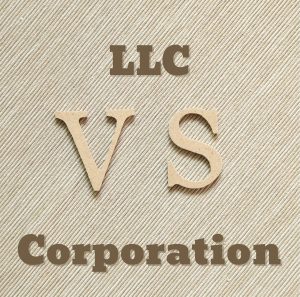 An equal split of shares between founders often seems like the fairest way to split equity in a young business. While this may be the simplest option, it comes with many hidden risks that most entrepreneurs are not aware of until it is too late and the business is in serious trouble. New companies can avoid this problem by working with an experienced startup lawyer from the very start. At Structure Law Group, we help entrepreneurs build a successful business from the ground up. Whether it is making decisions on your business entity type (i.e. choice of entity), your management structure, or your equity compensation, we advise and help design a company that is best suited to your unique needs.
An equal split of shares between founders often seems like the fairest way to split equity in a young business. While this may be the simplest option, it comes with many hidden risks that most entrepreneurs are not aware of until it is too late and the business is in serious trouble. New companies can avoid this problem by working with an experienced startup lawyer from the very start. At Structure Law Group, we help entrepreneurs build a successful business from the ground up. Whether it is making decisions on your business entity type (i.e. choice of entity), your management structure, or your equity compensation, we advise and help design a company that is best suited to your unique needs.
Why Equal Split Of Shares Is the Worst Structure
There are many reasons why an equal split of equity can be the worst structure for the founders of a new business. Often, founders have different ideas about the contributions they will be making to the business. Some envision the creation of intellectual property, while others want to manage marketing and business plans. Some want an active role in the daily management of the company, while others want to invest more passively. These issues cannot be resolved in a single meeting. Often, founders must work together for a time in order to learn each person’s working style, expectations for each founder’s contributions, and vision for the company’s future. It takes partners time to know each other in a business relationship. And just as in a romantic relationship, legal agreements cannot always prevent painful and expensive litigation when the business relationship goes sour.
 In December 2020, the Delaware Supreme Court broadened the scope of stockholders’ pre-litigation inspection rights. In a unanimous decision, the Supreme Court reaffirmed the Delaware Court of Chancery’s ruling in Lebanon County Employees’ Retirement Fund vs. AmerisourceBergen Corp.
In December 2020, the Delaware Supreme Court broadened the scope of stockholders’ pre-litigation inspection rights. In a unanimous decision, the Supreme Court reaffirmed the Delaware Court of Chancery’s ruling in Lebanon County Employees’ Retirement Fund vs. AmerisourceBergen Corp. San Jose Business Lawyers Blog
San Jose Business Lawyers Blog











